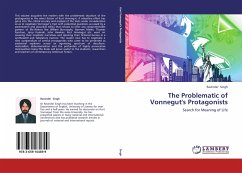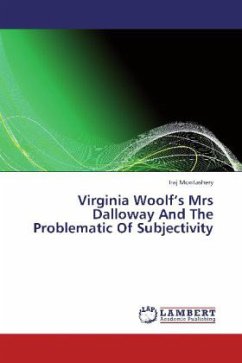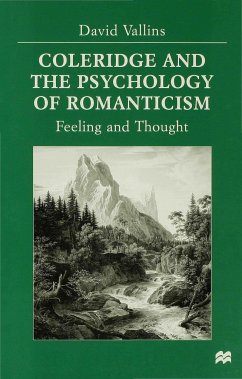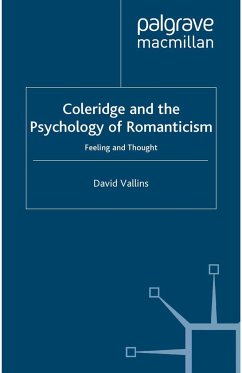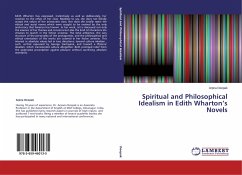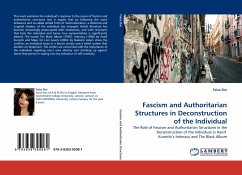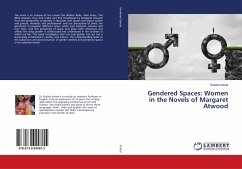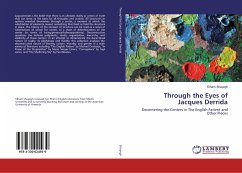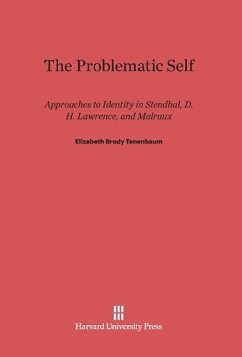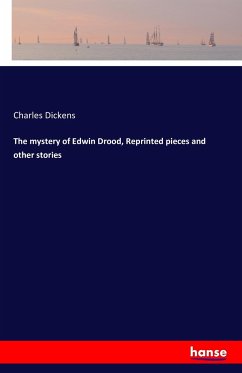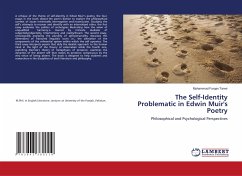
The Self-Identity Problematic in Edwin Muir's Poetry
Philosophical and Psychological Perspectives
Versandkostenfrei!
Versandfertig in 6-10 Tagen
32,99 €
inkl. MwSt.

PAYBACK Punkte
16 °P sammeln!
A critique of the theme of self-identity in Edwin Muir's poetry, the four essays in the book dissect the poet's diction to explore the philosophical context of issues intrinsically interrogative and inconclusive. Studying the self's attempts to recover and identify with an internalized other, the first essay evaluates the politics of archetypes, illustrating how the vision of unqualified harmony is marred by intricate dualisms of subjectivity/objectivity, time/memory and reality/dream. The second essay, ontologically analyzing the plurality of split-personality, discusses the dimensions of fra...
A critique of the theme of self-identity in Edwin Muir's poetry, the four essays in the book dissect the poet's diction to explore the philosophical context of issues intrinsically interrogative and inconclusive. Studying the self's attempts to recover and identify with an internalized other, the first essay evaluates the politics of archetypes, illustrating how the vision of unqualified harmony is marred by intricate dualisms of subjectivity/objectivity, time/memory and reality/dream. The second essay, ontologically analyzing the plurality of split-personality, discusses the dimensions of fractured linguistic icons i.e., the alienation of the components of the referential system within which the self operates. The third essay interprets poems that defy the idealist approach to the human mind in the light of the theory of externalism while the fourth one, exploiting Derrida's theory of metaphysics of presence, examines the dynamics of the absent self that makes its presence conspicuous by the very virtue of being absent. The book is designed to help students and researchers in the disciplines of both literature and philosophy.



